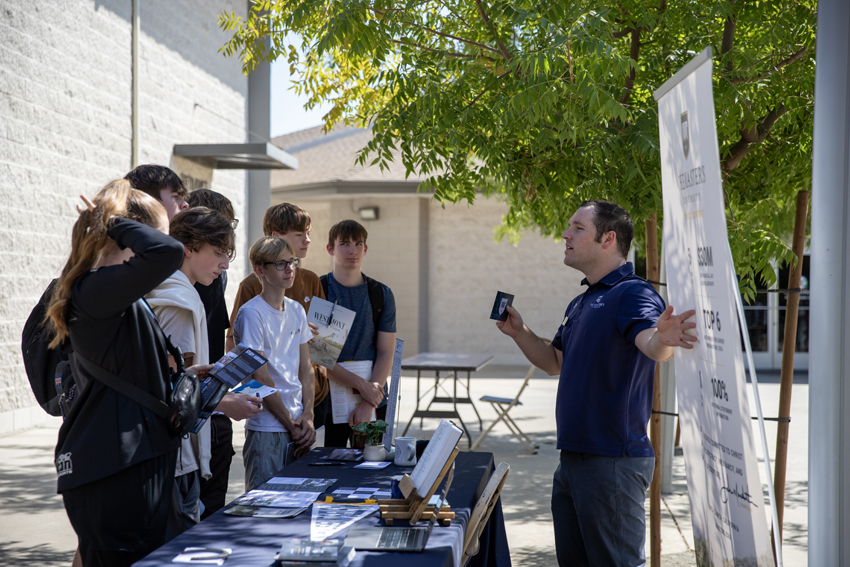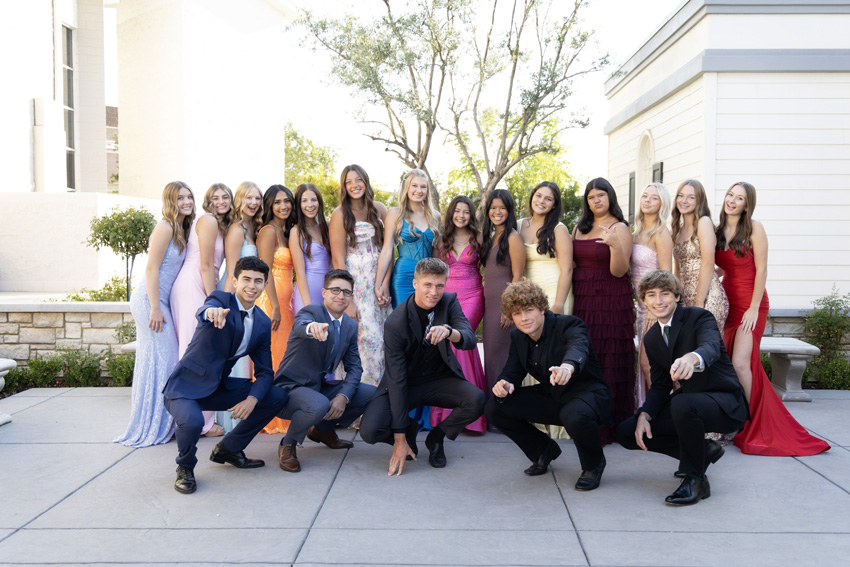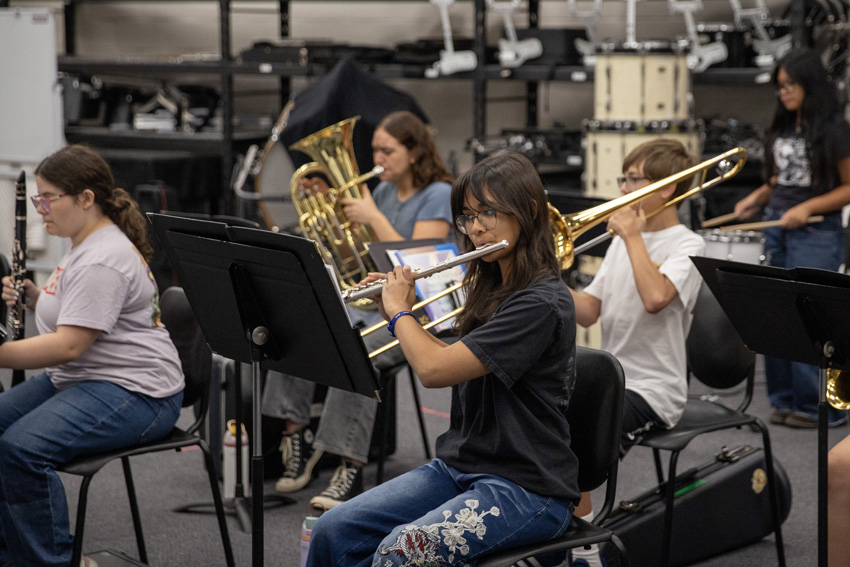Vending machines about campus will undergo a no-caffeine diet; bottled soft drinks will no longer be available to students on campus in an effort to increase health-consciousness.
This year, campus administration has initiated a plan to eliminate high sugar liquids from vending machines. The arrangement is set to replace sodas and sports drinks with water and juice.
?It will be a transition year,? Principal Gary Schultz said. ?Our goal is to phase sodas out of the machines this year. Next year we hope to have them replaced completely with healthy beverage options, however the change will be gradual.?
Cross-country and track coach Ericlee Gilmore is the main advocate for the drink change this year.
?As a Christian school, we strive for academic and fitness excellence,? Gilmore said. ?We should aim to avoid putting things in our bodies that displease God. The removal of soda for the entire school benefits not only athletes, but also the whole student body. The only way that the change can have a real benefit is if we remove the option throughout the school.
?The effects of soda are apparent through a person?s life,? Gilmore said. ?Soda disrupts the Ph levels within our bodies, alters energy levels, and later on in life can affect the strength of bones.?
Some students do not support the new change in refreshments.
?I feel that the change is a hindrance to freedom,? Jason Herron, ?09, said. ?We should be allowed to monitor our own nutritional decisions.?
The effects of this beverage removal have made an impression upon sports teams as well.
?As a football player, I think that the change is probably beneficial,? Daniel Kaiser, ?08, said. ?However, I?d like to still have the option to buy a soda if I really want one.?
Sophomore Doug Daniel, cross-country runner, supports the decision.
?I think that only having healthy drinks available is one of the best decisions for athletes and the average student,? Daniel said. ?During summer, it?s important for everyone, especially athletes, to drink enough water.?
Jean Skaf, owner and operator of Skaf Catering, has served lunches to campus students since 1986.
“I’ve replaced the sodas I used to sell with juices and tea,” Skaf said. “The first week of school they didn’t sell well, but after a couple of weeks I’ve noticed that students are buying them just as much as sodas.”
Schools around the nation are undergoing similar changes in soda machine policy. Soda companies Cadbury Schweppes PLC, Coca-Cola Co., PepsiCo Inc. and the American Beverage Association have signed agreements to sell only water, juice, and milk to public elementary schools.
The American Academy of Pediatrics is one organization leading the opposition to soda in schools. According to the Academy, 56 to 85 percent of school-aged children drink one soft drink every day. A policy recently released by the academy cites that soft drinks are common sources of excess calories that can contribute to weight gain, and soft drink consumers at all ages have a higher daily calorie intake than non-consumers.
Due to California law, public schools are unable to serve soda in vending machines (SB 677, California Childhood Obesity Prevention Act). Bullard High School senior Nick Abston recalls the change of beverage policy in his school.
?The different options in the vending machines affected me at first because I was an avid soda drinker,? Abston said. ?After a couple of weeks, I adjusted and began to buy water, and now I feel that the change was a great decision, it actually helped to me think a little more about personal health.?
Though the change will be gradual, administration hopes to have the reformation complete within three years. For more information, contact Schultz at [email protected].






